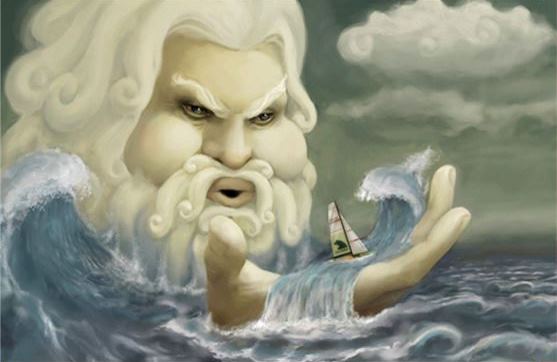Aeolus God The Keeper of the Winds

In Greek mythology, Aeolus was the Keeper of the Winds, who controlled the four winds that blew across the earth. The four winds were Boreas (the north wind), Zephyrus (the west wind), Eurus (the east wind), and Notus (the south wind). He was a son of the god of the sea, Poseidon, and was known for his great power over the winds and his ability to create storms.
Aeolus and the Argonauts
Aeolus was first mentioned in the story of the Argonauts, a group of heroes who set out on a quest to find the Golden Fleece. When the Argonauts reached the island of Aeolia, they were welcomed by Aeolus and his wife, Arne. Aeolus provided the Argonauts with a bag of wind to help them on their journey, but one of the heroes, named Eurylochus, opened the bag and released the winds, causing a great storm that almost sunk their ship. Despite this mishap, the Argonauts were able to continue their journey and eventually succeeded in their quest.
Aeolus and Odysseus
Aeolus also appears in the story of Odysseus, the hero of the Trojan War. When Odysseus and his men arrived on the island of Aeolia, Aeolus welcomed them and offered to help them on their journey home. He gave Odysseus a bag of wind to help him sail back to Ithaca, but once again, one of the sailors opened the bag and released the winds, causing a great storm that forced Odysseus and his men to drift for nine days before they were able to reach land again.
The Symbolism of Aeolus
Aeolus, as the keeper of the winds, represents the unpredictable and uncontrollable nature of the forces of nature. His story serves as a reminder of the dangers of hubris and the need to respect the power of the natural world. In modern times, the name Aeolus has also been used as the name for various weather-related systems and technologies, such as the Aeolus satellite, which is used to study the Earth's winds.